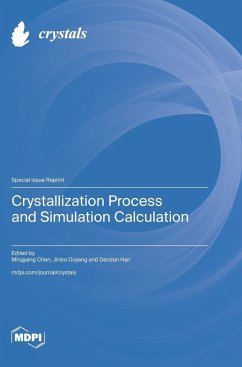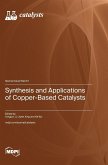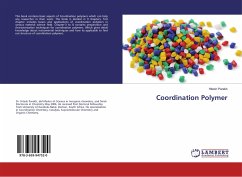As an important unit operation, crystallization is a process in which nucleation, growth, agglomeration, and breakage are regulated to produce high-quality crystals and achieve efficient separation as well as purification. Since a crystallization process often presents the characteristics of strong coupling, nonlinearity, and large lagging, it is a challenge to rationally design a robust, well-characterized process to efficiently crystallize and prepare a high-quality crystalline product. The development of process analytical technology that can provide fast and accurate inline or online measurement is of great importance in the design and control of crystallization processes. Simulation technology, e.g., molecular dynamics simulation and hydrodynamics simulation, can provide time- or location-dependent insight into the process on multiple scales. These experimental and simulation tools can greatly help to further investigate crystallization processes. This Special Issue served to provide a platform for researchers to report results and findings in crystallization process technologies, simulation and process analytical technologies, and relevant crystallization studies.
Hinweis: Dieser Artikel kann nur an eine deutsche Lieferadresse ausgeliefert werden.
Hinweis: Dieser Artikel kann nur an eine deutsche Lieferadresse ausgeliefert werden.








